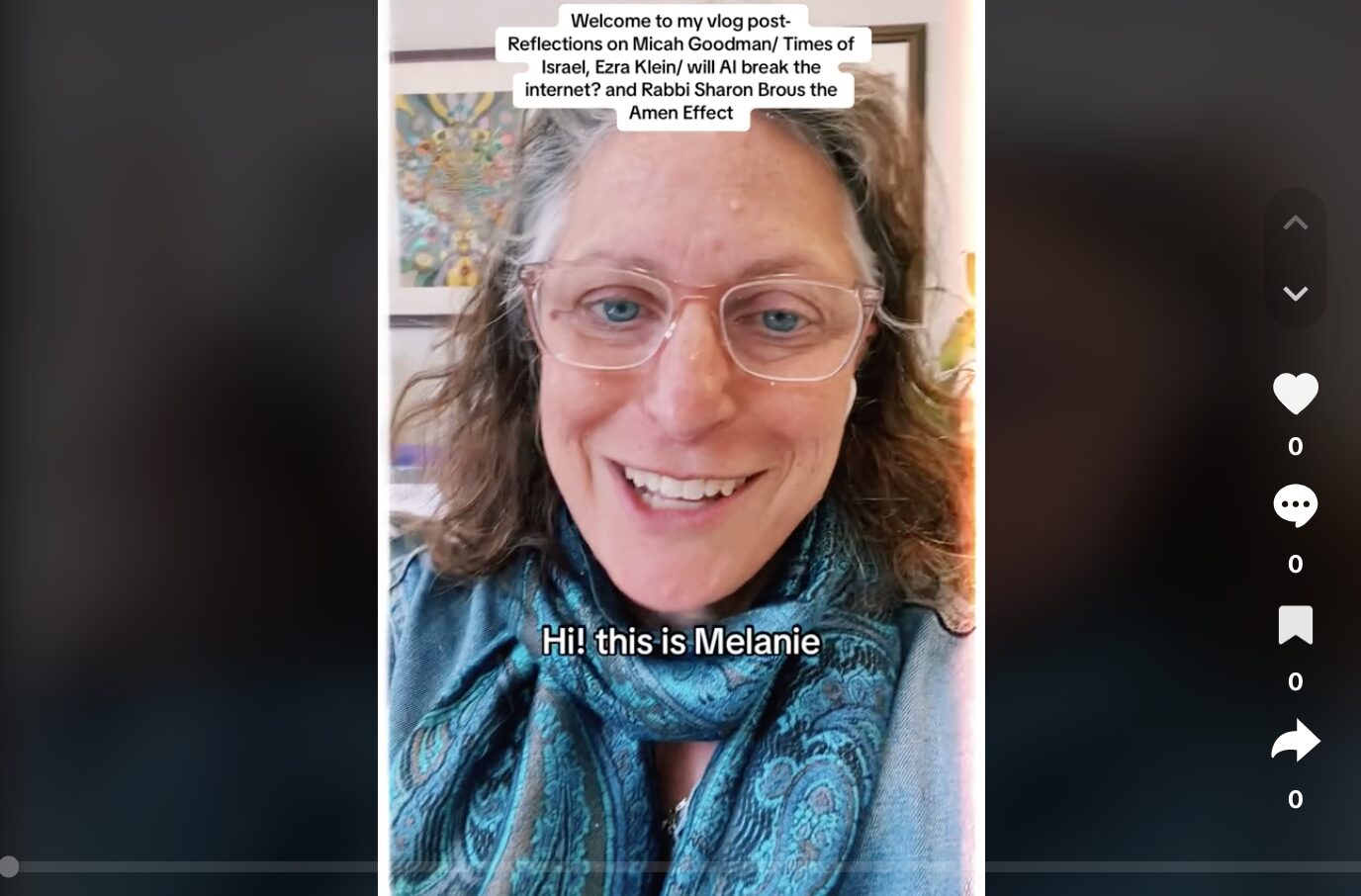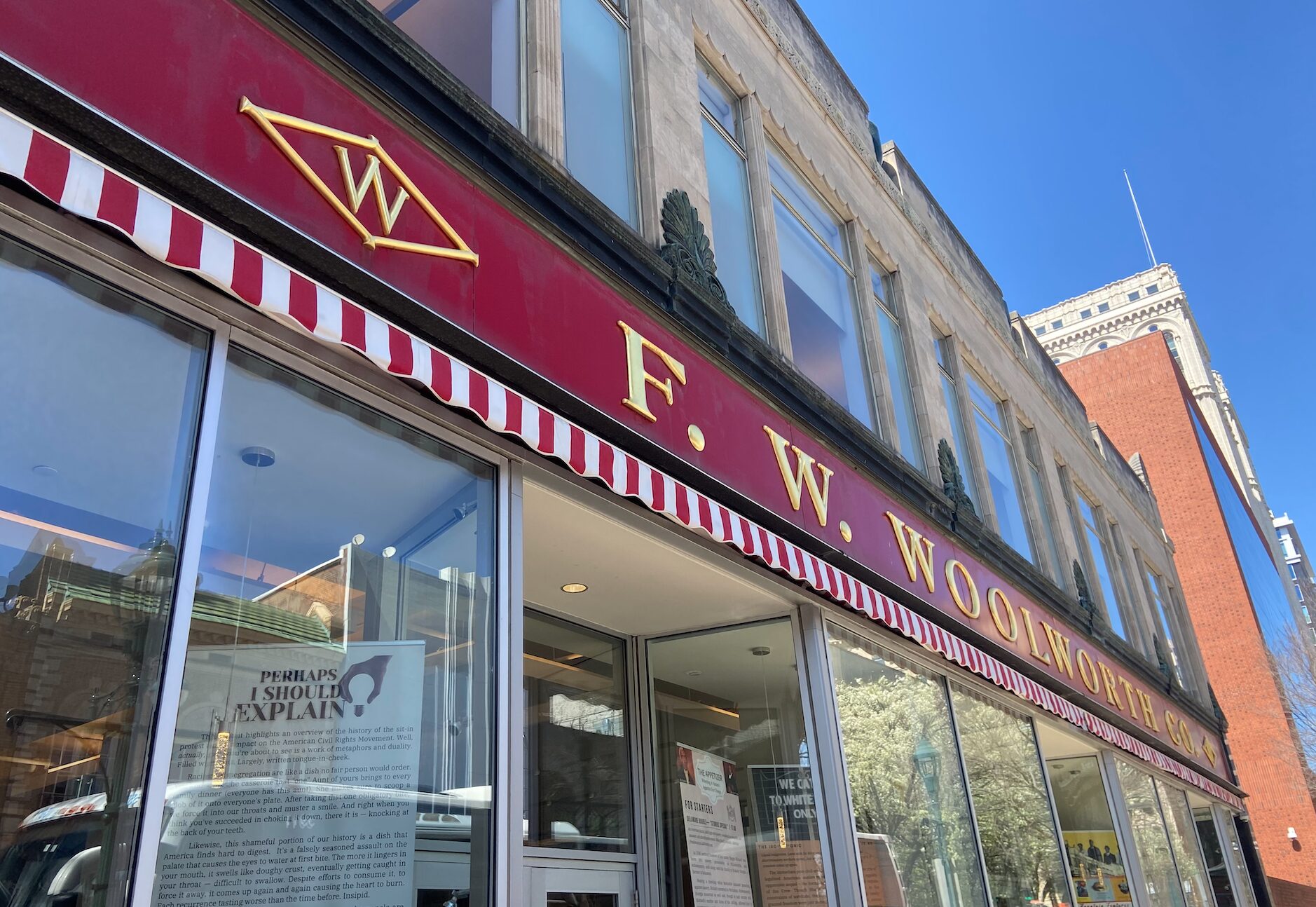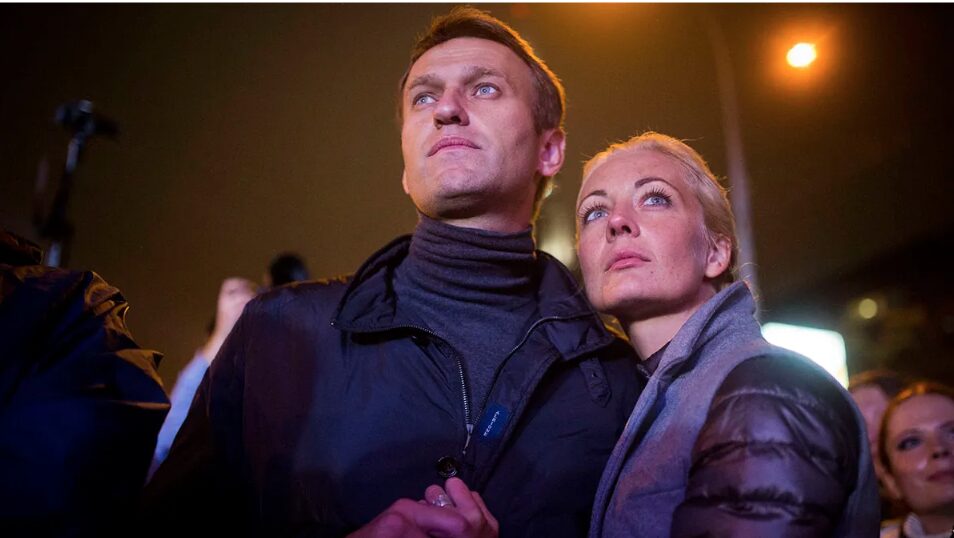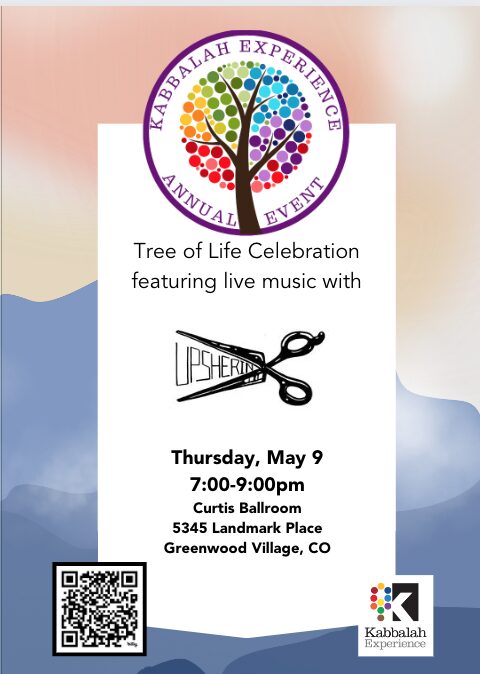by Dr. David Sanders
This is how this blog came together. We were sharing ideas in class about our awareness of systemic racism and the thought came up that what we need is not just incremental change, but radical change. That reminded me of the famous quote by Gandhi, “Be the change you want to see in the world” and I offered an updated version of that quote (and you can quote me on this one) “Be the radical change you want to see in the world.”
Curious, I looked up to see when and in what context Gandhi shared this wisdom. Surprise. He never said it. That is on the authority of the Quote Investigator.
Who is the quote attributed to? A teacher by the name of Arleen Lorrance. In the early 1970’s she found herself wallowing in a public high school in New York where she felt that no one would listen to the systemic change needed to help her underprivileged students. She writes: “For seven years I served my sentence and complained, cried, accepted hopelessness, put down the rest of the faculty for all the things they didn’t do.”
Then a breakthrough occurred, a loud and clear voice instructing her that she was the only one who could release herself. She let go of her anger and negativism and decided “to simply be totally loving, open and vulnerable all the time.” She started a new prevention program at the school with the premise: “Be the change you want to see happen.”
I too have felt hopelessness regarding the need for greater awareness and a reckoning of racism in America.
Martin Luther King, in his I Have a Dream speech answered the question, “When will those who are fighting for civil rights be satisfied?” by providing a list of changes that would need to occur and he started the list with, “We can never be satisfied as long as the Negro is the victim of the unspeakable horrors of police brutality.” If these changes would occur that would signal that America was living up to its promise to be an inclusive and equitable country. Had Martin Luther King lived to witness the brutal beating of Rodney King, the shooting death of Michael Brown and the choking death of George Floyd would he feel that his words had fallen on deaf ears, that his dream had transformed into a nightmare? Would he have concluded that the changes he called for, and some of them only partially realized, would not be enough and what was needed was radical change?
I looked up the etymology of word “radical.” Its Latin forbearer means “root” and this remains its literal meaning in mathematics (square roots are radicals). Radical change then is to get to the root of what needs to change. The roots of America are nourished and soaked in a dichotomous history—founders who fought to free themselves from oppression and persecution and forge a democratic nation while inflicting horrific oppression, persecution and genocide on those people who could be exploited.
I humbly and painfully submit that Martin Luther King operated from a false premise. The founding fathers did not consider all men to be created equal. There was no vision of an America that would be a land of equal opportunity except for the “white man” (gender specific). How bold was it of Abraham Lincoln to tear this country apart to form a more perfect union—a more equitable and inclusive America. But the roots of racism, which had come to the shores of the Americas before the founding fathers, were so deep in the psyche of America, that neither the revolutionary war nor the civil war were able to uproot them.
Our task now as individuals and as a collective is to get radical—to look at the roots of racism and uproot them once and for all time.
david
P.S. A fun exercise: What makes a quote famous? Is it the author of the quote (even if it is misattributed), or how inspiring the quote is, or how memorable it is? Perusing the lists of the 100, 77, 50, or the 10 most famous quotes of all time it would appear that the ones that are most memorable make them most famous.
Can you fill in the ending of the following memorable quotes?
There is nothing to fear___________________________.
You can fool all the people some of the time and some of the people all the time _____________________________________________________.
Always remember that you are absolutely unique ____________________________.
A journey of a thousand miles ___________________________________.
An unexamined life ________________________________________.
Be yourself, ___________________________________________________.
If you don’t stand for something _____________________________________.
We don’t see things as they are, _____________________________________.
Be the change ____________________________________________.
answers:
but fear itself. [Franklin Delano Roosevelt]
but you cannot fool all the people all the time [attributed to Abraham Lincoln]
just like everyone else [attributed to Margaret Meade]
starts with the first step [Lao Tzu, attributed to Confucius]
is not worth living [Socrates]
everyone else is already taken [attributed to Oscar Wilde]
you will fall for anything. [Irene Dunn, attributed to Alexander Hamilton]
we see them as we are. [Anais Nin who quoted it from the Talmud Berachot 55b]
you want to see in the world. [Arlene Lorrance, attributed to Mohandas Gandhi]










2 Comments
Alyson · October 15, 2020 at 2:34 pm
Couldn’t agree more with the sense that given the extremity of the life-threatening conditions for POC, moral people are called to get radical. I recommend this superb conversation about Intersectional democracy – as an ever evolving process, not a static state:
https://www.haymarketbooks.org/blogs/221-angela-davis-their-democracy-and-ours . “Radical” may seem more practical and necessary after viewing.
Nancy Nowak · October 15, 2020 at 5:12 pm
Nice, David, especially in the light of the fact that I’m taking Tikkun Olam with Sue P . Gerson this semester. I have an idea for how to become a change agent and would like to speak with you about it. It goes back to the chavurah idea — developing a chavurah of people of mixed races — to get to know and value and appreciate one another. Covid presents a challenge for implementation, however.